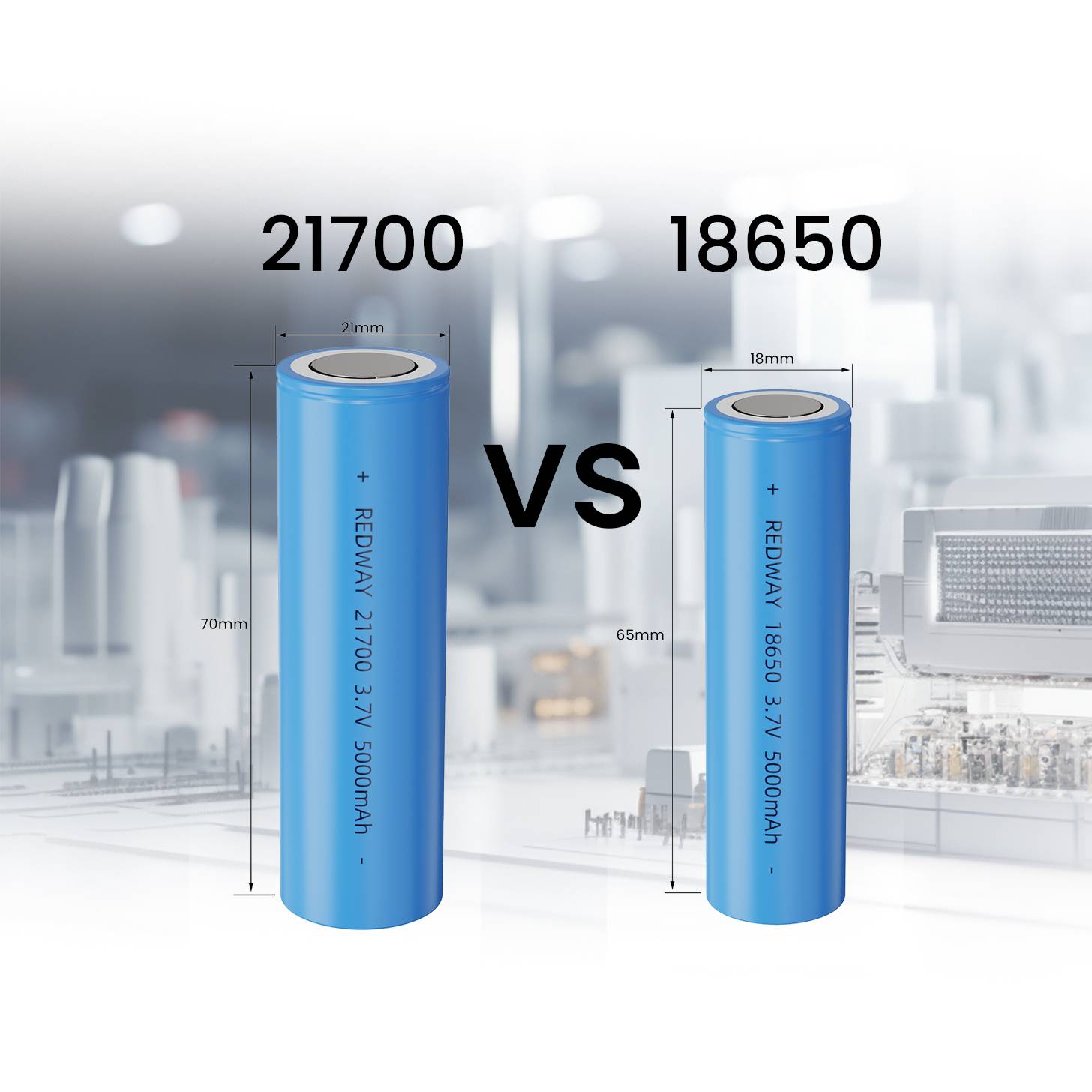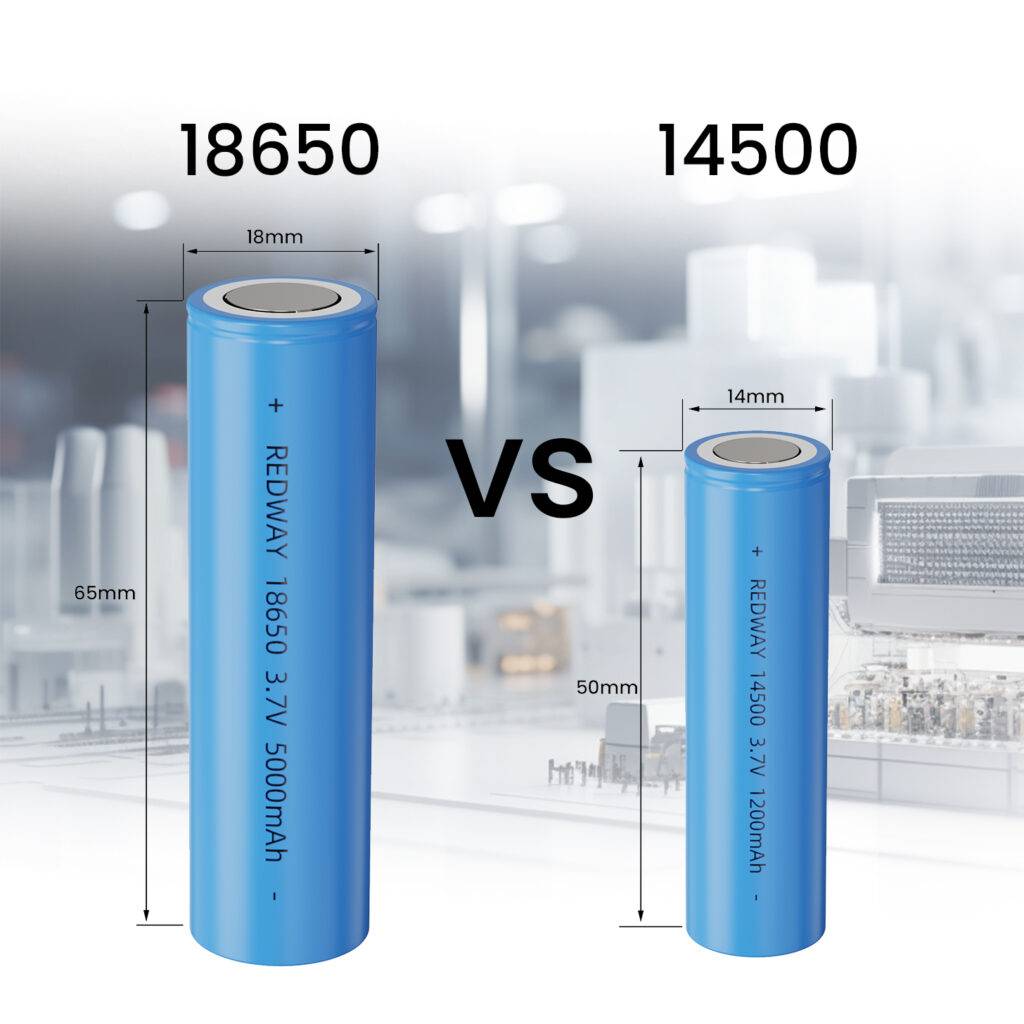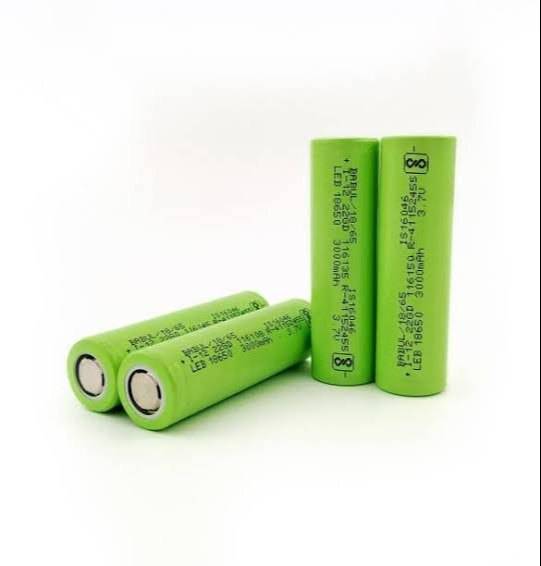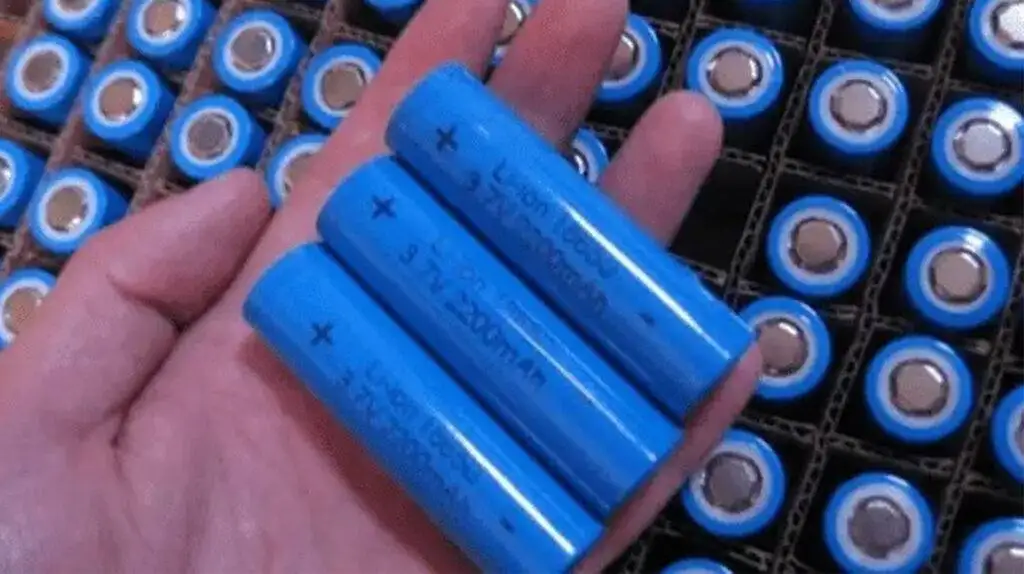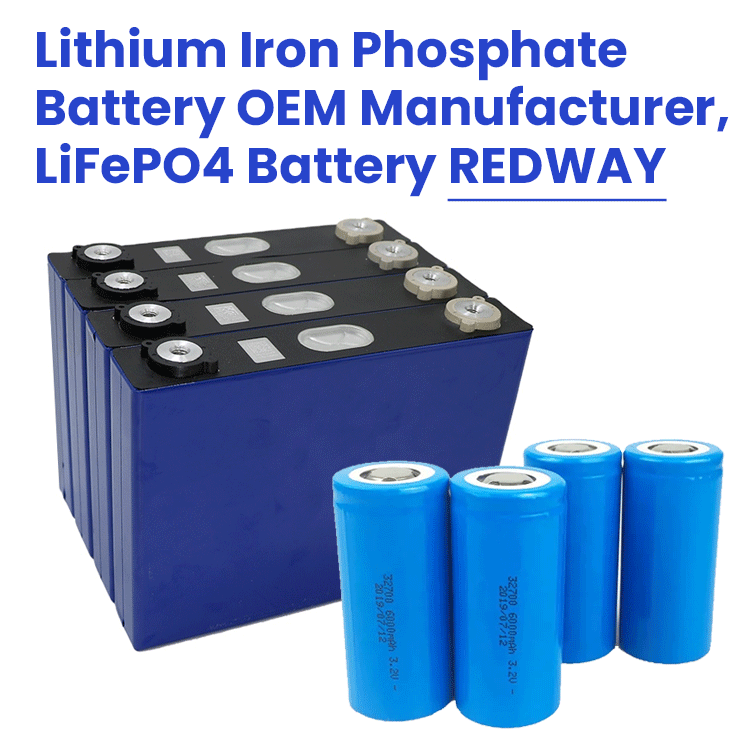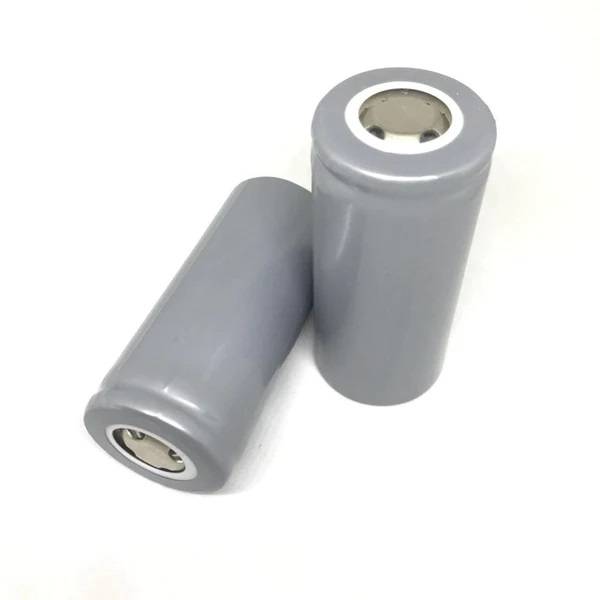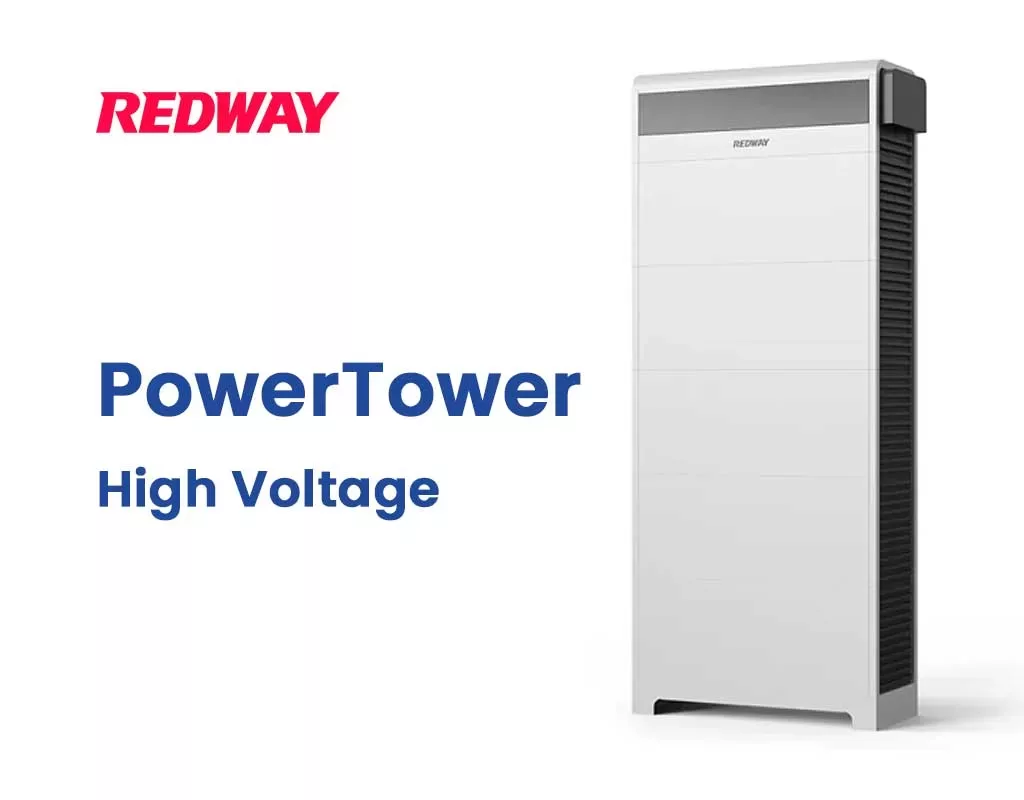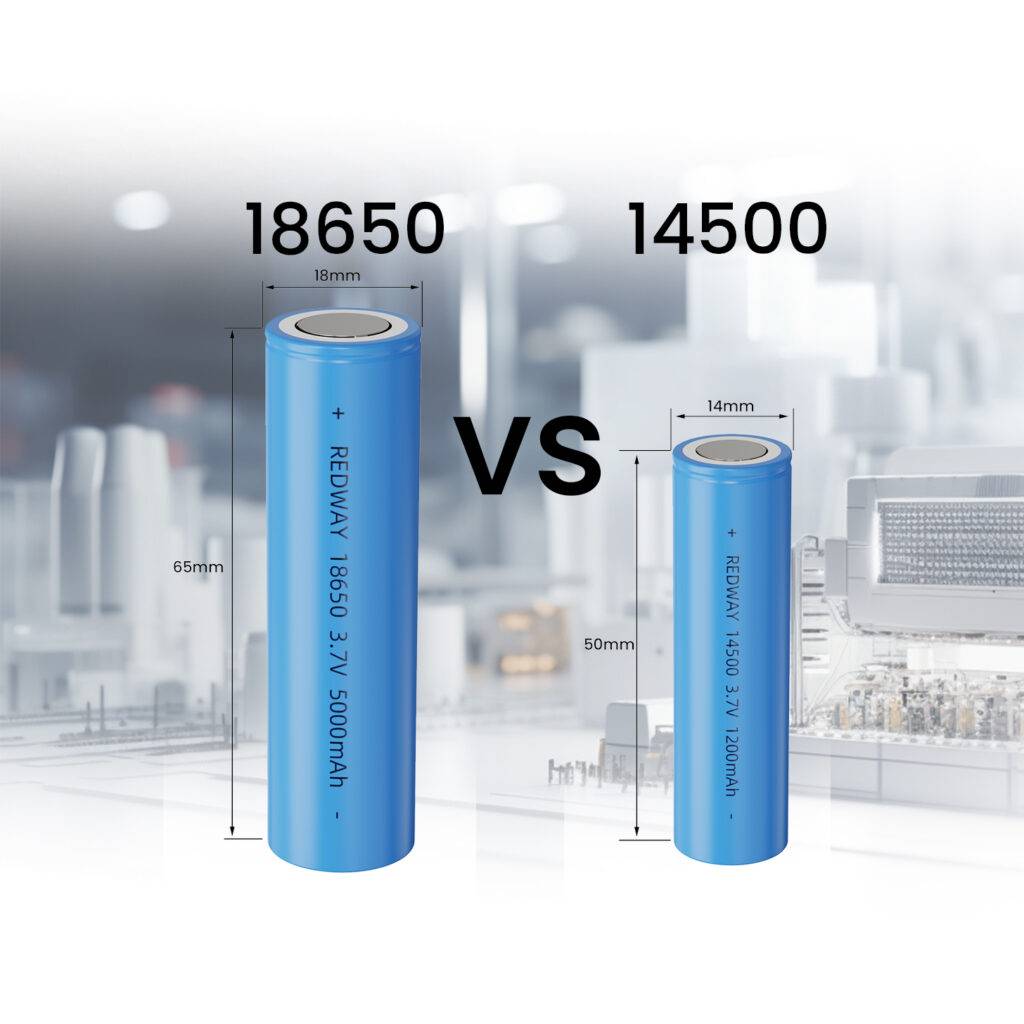In the realm of modern technology, batteries play a crucial role, powering devices from phones to electric cars. The 18650 lithium-ion battery, known for its compact size and high energy density, has gained popularity. However, with advancing technology and increasing demands, the quest for superior battery options has intensified. This blog post delves into the search for batteries that may outperform the 18650, helping you navigate the evolving landscape of energy storage. Let’s explore the possibilities!
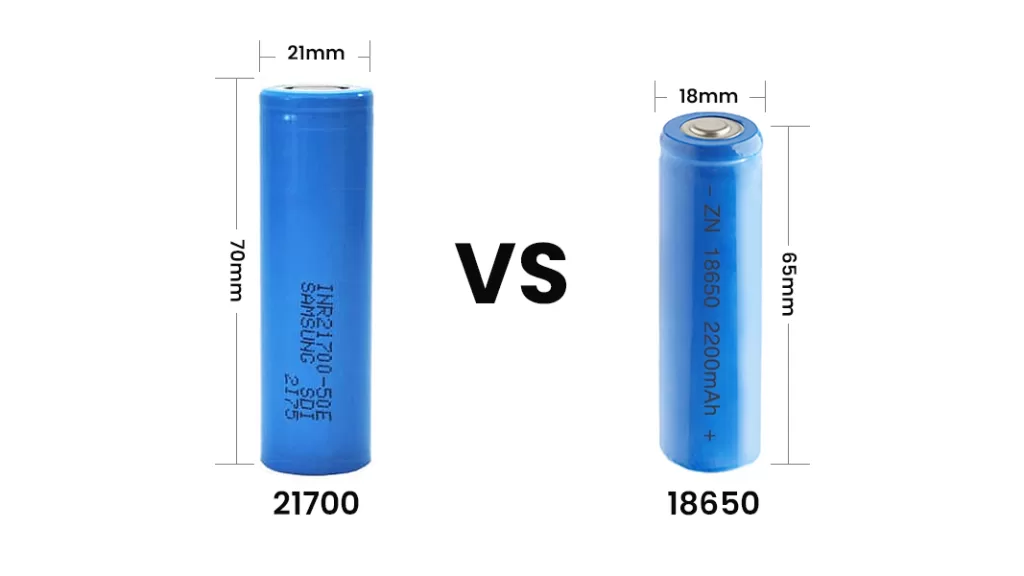
What is an 18650 Battery?
The 18650 battery is a cylindrical lithium-ion rechargeable cell, known for its dimensions at 18mm in diameter and 65mm in length. Originally designed for laptops, it has found diverse applications in flashlights, electric vehicles, and power banks.
- High Energy Density:
- Advantages include high energy density, making it ideal for power-hungry devices like flashlights and vaping devices.
- Capable of storing more energy compared to other rechargeable cells.
- High Discharge Rates and Long Lifespan:
- Handles high discharge rates without overheating or losing capacity.
- Long lifespan, rechargeable hundreds of times, surpassing traditional alkaline batteries.
- Safety Considerations:
- Safety concerns exist due to explosion risks if mishandled or manufactured with defects.
- Precautions, such as purchasing from reputable brands, are crucial for safe usage.
Despite evolving options, the 18650 battery remains a reliable choice, valued for its compact size and impressive energy density across various applications.
Is there a better battery than the 18650?
When it comes to rechargeable batteries, the 18650 lithium-ion battery has been a longstanding favorite. However, technological advancements present alternatives worth considering.
- 21700 Battery:
- Larger size and increased capacity translate to more energy storage.
- Devices utilizing this battery type typically enjoy extended usage between charges.
- 26650 Battery:
- Less common but offers higher capacity compared to the standard 18650.
- Enhanced energy storage potential for specific applications.
Considerations:
- While alternatives boast improved capacity and performance, they may come with a higher price tag.
- Choosing the right battery involves weighing factors like size requirements, budget constraints, and desired performance capabilities.
In the evolving landscape of rechargeable batteries, understanding specific needs ensures an informed decision for optimal device or application performance.
What is stronger than 18650?
While the 18650 battery has long been favored for its compact size and high energy density, several alternatives offer superior performance.
- 21700 Battery:
- Larger capacity and enhanced power delivery.
- Longer lifespan with fewer required charge cycles over time.
- Lithium-Polymer (LiPo) Battery:
- Higher voltage per cell for applications demanding high power output.
- Lighter and more flexible compared to traditional cylindrical batteries.
- Solid-State Batteries:
- Advanced technology with solid electrolytes for faster charging and improved safety.
- Potential for enhanced overall performance.
Considerations:
- While the 18650 remains reliable, alternatives provide stronger and longer-lasting options.
- Tailor your choice based on specific application needs, whether it’s enhanced power, longer lifespan, or advanced technology.
In the ever-evolving landscape of batteries, understanding the diverse options ensures optimal choices for various electronic applications.
Does 21700 last longer than 18650?
In the quest for enduring battery performance, the 21700 battery emerges as a compelling alternative to the widely used 18650. But does it truly outlast its predecessor?
- Comparing Specifications:
- Similar energy densities, but the 21700’s larger size often translates to higher capacities.
- Increased charge storage potential, suggesting a potential for extended device lifespan.
- Technological Advancements:
- 21700 batteries leverage newer technology and manufacturing methods.
- Improved performance and increased lifespan compared to older counterparts like the 18650.
- Considerations for Overall Battery Life:
- Individual usage patterns and charging habits play a crucial role.
- No one-size-fits-all answer; outcomes vary based on specific scenarios.
While a definitive conclusion remains elusive, the 21700 battery showcases promising advancements in capacity and efficiency. As technology evolves, these newer options may indeed redefine our expectations for enduring battery life.
What can I use instead of 18650 lithium battery?
Seeking an alternative to the widely-used 18650 lithium battery? Here are diverse options to consider:
- 21700 Battery:
- Offers increased capacity and extended lifespan.
- A larger size contributes to enhanced power storage.
- 26650 Battery:
- Larger dimensions for more power and higher discharge rates.
- Compatibility may vary due to its size.
- LiPo (Lithium Polymer) Batteries:
- Lightweight with higher energy density.
- Versatile shapes and sizes cater to diverse applications.
- CR123A (16340) Lithium Batteries:
- Non-rechargeable option with high voltage output.
- Ideal for high-drain devices like flashlights or cameras.
Choosing the right alternative hinges on individual needs, considering factors such as capacity, lifespan, and device compatibility. Each option presents unique advantages and considerations.
What is the strongest long lasting battery?
When seeking robust and enduring battery options, consider the following contenders:
- Lithium Polymer (LiPo) Battery:
- Advantages:
- Higher energy density for increased power.
- Enhanced longevity compared to traditional lithium-ion batteries.
- Advantages:
- Nickel Metal Hydride (NiMH) Battery:
- Advantages:
- Longer lifespan with extended charging cycles.
- Suitable for applications where efficiency is prioritized over peak power.
- Advantages:
- Lithium Iron Phosphate (LiFePO4) Battery:
- Advantages:
- Ideal for heavy-duty applications, e.g., electric vehicles and renewable energy systems.
- Capable of withstanding high loads for extended durations.
- Advantages:
Considerations for Choosing:
- Voltage Requirements:
- Ensure the selected battery meets the voltage needs of your application.
- Size Constraints:
- Evaluate the dimensions to ensure compatibility with your device.
- Environmental Impact:
- Consider the eco-friendliness of the battery type.
Conclusion: When deciding on the best long-lasting battery, strike a balance between power output, longevity, and environmental considerations. Thorough research will help you make an informed choice tailored to your specific requirements.
What is the best longest lasting lithium battery?
After a thorough comparison of alternatives to the 18650 battery, the 21700 lithium-ion battery emerges as the strongest and most reliable option. Its larger size, higher energy density, and extended lifespan make it a preferred choice for manufacturers.
For the best overall longevity, consider the following options based on specific needs:
- LiFePO4 (Lithium Iron Phosphate) Batteries:
- Advantages:
- Incredibly long lifespan with up to 2000 cycles.
- Maintains stable performance throughout its operational life.
- Advantages:
- Lithium Manganese Dioxide (LiMnO2) Batteries:
- Advantages:
- High energy density, ideal for power-hungry applications like power tools.
- Advantages:
- Choosing Based on Device Requirements:
- Assess your device’s power needs and usage patterns.
- Consider factors such as energy density, lifespan, and compatibility.
While the 18650 has long been a versatile choice, newer technologies like the 21700 or LiFePO4 present superior options based on specific preferences for a long-lasting lithium-ion battery.

